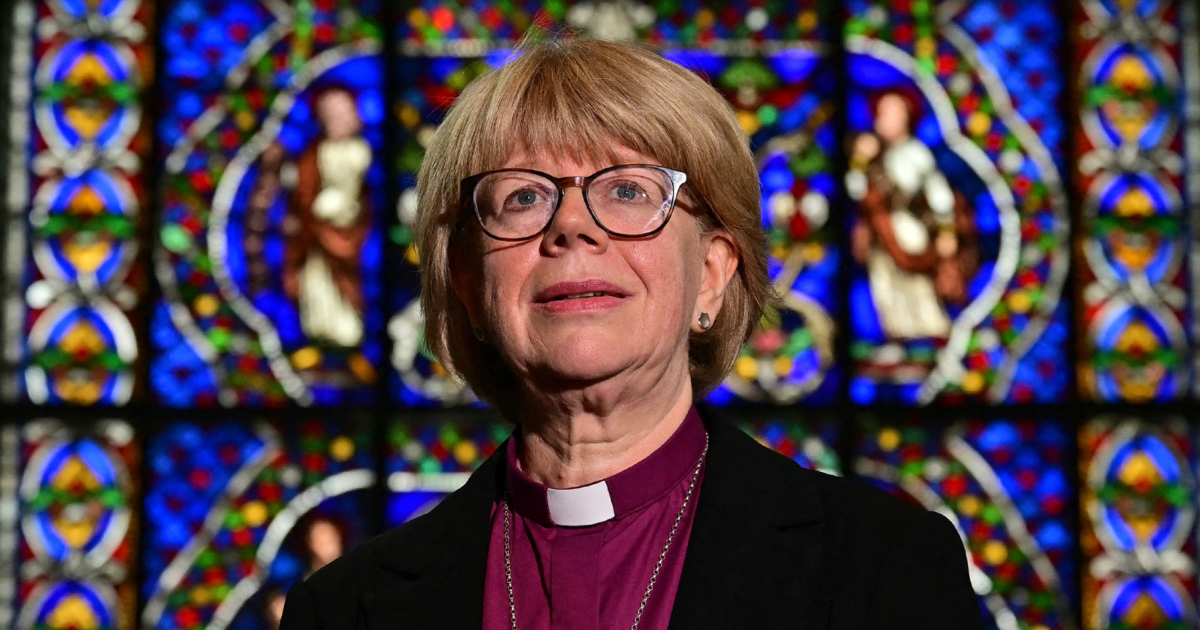An opera branded blasphemous for its graphic parody of Catholic worship has been voted “Production of the Year” by critics in Germany, less than twelve months after it left some members of its audience needing medical treatment.
The announcement came on 28 August that Florentina Holzinger’s Sancta, which premiered at the Stuttgart State Opera in October 2024, had been named Inszenierungdes Jahres (Production of the Year) by theatre critics in Germany.
It won the accolade after being selected by nine out of 47 critics, more than any other production in the running, in a survey conducted by the specialist journal Theaterheute. The production, which mixes Catholic ritual with nudity, violence, sex and vulgarity, has drawn fierce criticism for its treatment of the sacred.
The performance includes an enactment of a “Holy Mass”, allusions to the crucifixion and Eucharist, and depictions of nuns in erotic poses and situations. In one sequence, naked performers dressed as nuns rollerblade across a halfpipe.
After its premiere last year, the Catholic Herald reported how 18 audience members had such an adverse reaction to the opera's scenes that they required medical attention, with three cases serious enough to require a doctor.
The opera carries an age restriction of 18 and audiences are warned in advance of graphic content. Holzinger and the Stuttgart Opera framed the production as a radical interpretation of Paul Hindemith’s 1921 work Sancta Susanna, which was considered too offensive to be staged when it was written. The website for the modern version describes it as a portrayal of female desire in an environment “hostile to pleasure and the body”, in which the central character Susanna discovers her sexuality and at one point pulls down the loincloth of Christ on the crucifix.
Reactions when it came out last year were swift and severe. Christian Hermes, city dean of Stuttgart, told the Catholic News Agency (CNA) that the opera goes “beyond the limits of what is aesthetically and psychologically tolerable”, describing how religious sensibilities are “obscenely violated, contrary to all otherwise cultivated political correctness”. He described the mental health of audiences as being “deliberately played with”.
Jan-HeinerTück, a theology professor at the University of Vienna, writing in Communio, criticised the work as “an ostentatious lack of imagination”, noting its reliance on “naked female bodies, sex, blood plus religious symbols and the parody of the Holy Mass”.
Supporters of the production, though, hailed it as a breakthrough in musical theatre. Some have described it as “astonishing” in its staging and producing “overwhelming joy” rather than scandal.
The Stuttgart Opera has maintained its defence of the production, with artistic director Viktor Schoner quoted in the Daily Mail as saying that “exploring boundaries and crossing them with pleasure has always been a central task of art”.
Florentina Holzinger, who grew up Catholic in Austria before later renouncing the Church, has said she considers Catholic liturgy to be postmodern because of its rituals and transformations, comparing the Mass to theatrical illusion.
Photo: scene from 'Sancta' opera (image from @324cat).





.jpg)











